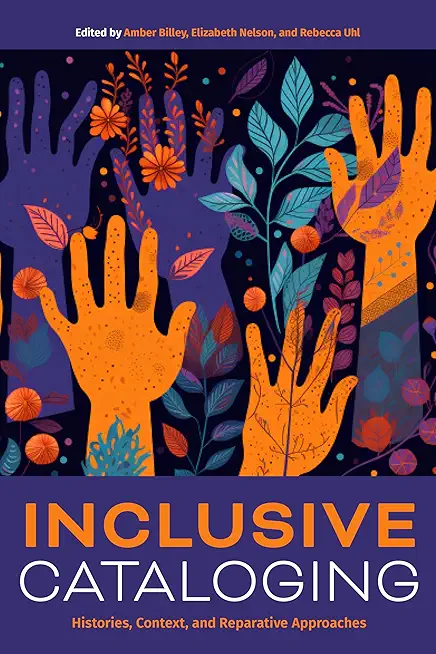
Billey, Amber
product information
description
7As part of the profession's ongoing EDISJ efforts to redress librarianship's problematic past, practitioners from across the field are questioning long-held library authorities and standards. They're undertaking a critical and rigorous re-examination of so-called "best" practices and the decisionmakers behind them, pointing out heretofore unscrutinized injustices within our library systems of organization and making concrete steps towards progressive change. This collection from Core records the efforts of some of the many librarians who are working to improve our systems and collections, in the process inspiring those who have yet to enact change by demonstrating that this work is scalable, possible, and necessary. From this book, readers will
- gain an understanding of the theoretical underpinning for the actions that create our history and be challenged to reconsider their perspectives;
- learn about the important role of the library catalog in real-world EDISJ initiatives through examples ranging from accessibility metadata and gendered information to inclusive comics cataloging and revising LC call numbers for Black people and Indigenous people;
- discover more than a dozen case studies drawn from a variety of contexts including archives, academic and public libraries, and research institutions; and
- see ways to incorporate these ideas into their own work, with a variety of sample policies, "how to" documents, and other helpful tools provided in the text.
member goods
No member items were found under this heading.
Return Policy
All sales are final
Shipping
No special shipping considerations available.
Shipping fees determined at checkout.







